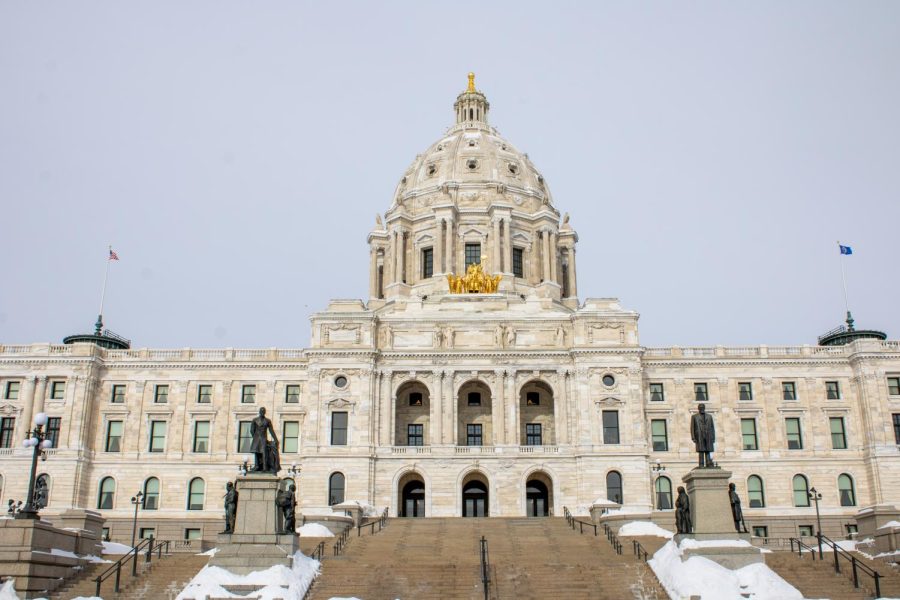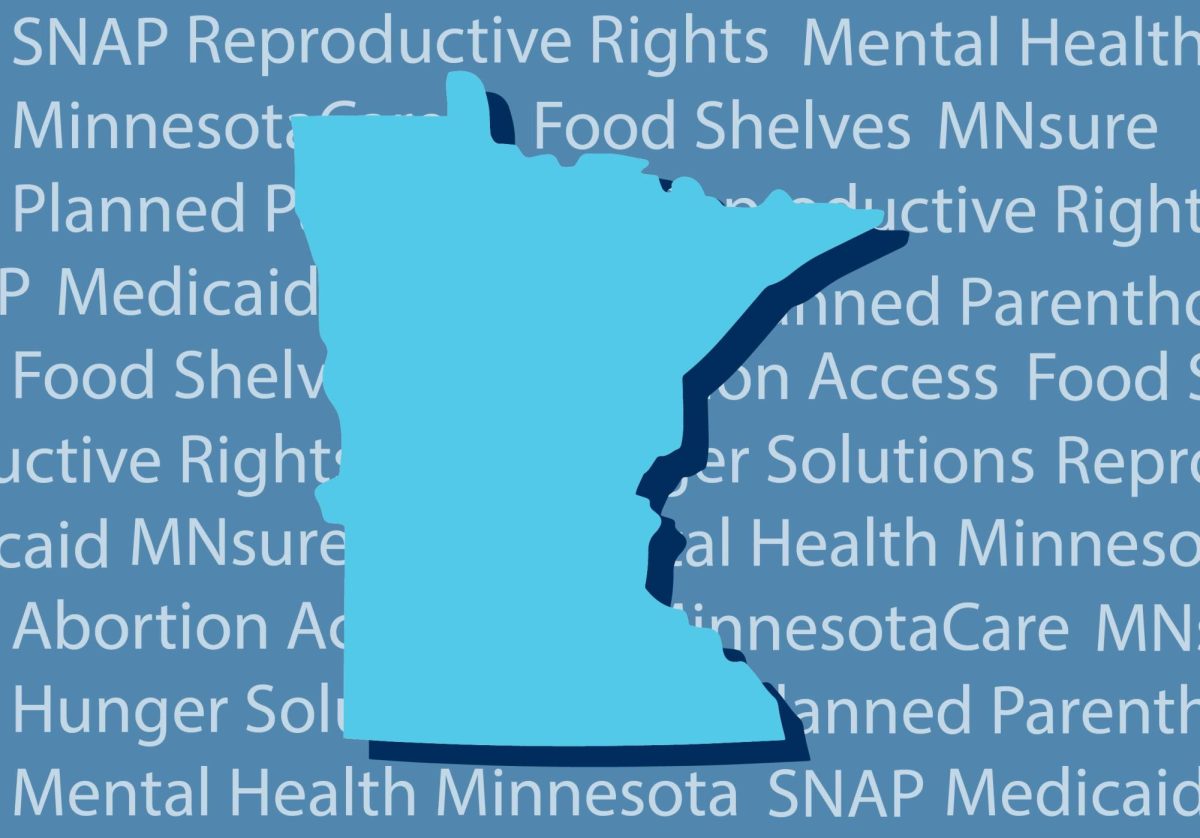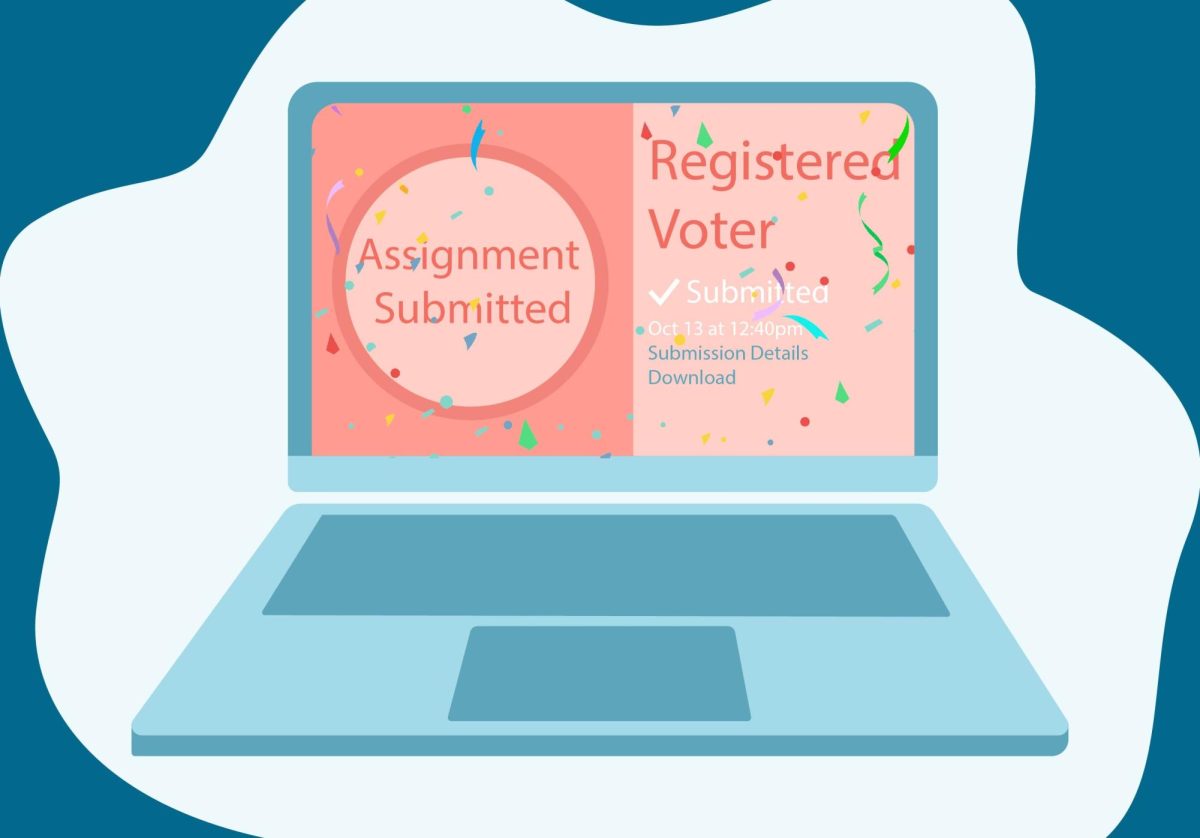Newton’s third law states for every action there is an equal and opposite reaction. I believe Newton’s third law applies not just to the world of physics but to the worlds of politics and economics, too. In short, when there are surpluses, there must be deficits elsewhere.
The state of Minnesota has a $17.6 billion budget surplus. Some rejoice — look at our fiscal responsibility! But I have a different perspective. With that big of a surplus, Newton’s third law suggests there must be a $17.6 billion deficit somewhere.
So, where are the deficits? What aspects of our society have we been neglecting en route to this massive budget surplus? That’s my goal with this column — to find these deficits and explain how we should work to rebalance our state’s budget.
Education
En route to piling up a massive $17.6 billion surplus, we have piled up deficits in the world of education. Our schools struggle to hire and retain fully licensed teachers. The Professional Educator Licensing and Standards Board recently released its annual Teacher Supply and Demand Report that details these struggles. Nearly a third of new teachers leave the profession within five years and 84% of school districts say they are significantly impacted by the teacher shortage. These shortages are felt everywhere, but especially in special education.
The answer to the shortage of fully licensed teachers seems pretty straightforward to me. We need to pay our teachers more and support them with adequate resources and support staff to ensure success and retention.
Our deficits in the world of education aren’t limited to K-12 education; they extend to pre-K and higher education, too. Universal, publicly-funded pre-K education is a no-brainer to me. It is not only morally correct to ensure preschool-age children from lower-income families don’t fall behind academically, but it’s also fiscally savvy. Recent studies have shown that investment in high-quality early childhood education programs can yield significant economic gains down the road.
Further, Minnesota student loan borrowers owe $27.1 billion in student loan debt. Borrowers who went to public colleges and universities owe an average of nearly $31,000. This burden owed by borrowers wouldn’t be so big if we were adequately funding our public colleges and universities through the Legislature.
Child poverty and free student meals
It should be no surprise that this is on my list of priorities for the state Legislature’s massive budget surplus. We need to ensure equality of opportunity for all, and this means giving all of our young people an equal chance to succeed in school.
We can, and should, eliminate child poverty in our state through a child tax credit akin to the expired federal expansion of the Child Tax Credit. Since the divided Congress is unlikely to do anything to curb child poverty, we need to take initiative in our state to end child poverty in Minnesota.
Further, guaranteeing all students free breakfast and lunch would ensure that no poor students “slip through the cracks” and miss out on important meals that will help them reach their full potential in school.
Local journalism
We have a massive and expanding deficit in local journalism. The drying up of local news recently hit the St. Cloud Times, which lost its final reporter on Wednesday. The reality is that, while local journalism might not be sustainable on its own, it is still crucial for our society and democracy to function. That’s why we need our state Legislature to step in with a state-level bill akin to the federal Local Journalism Sustainability Act, which would bolster local journalism.
Instead of looking at our $17.6 billion budget surplus as a good thing or a bad thing, we need to take a more neutral approach to the situation. En route to this massive budget surplus, what areas of our society have we neglected and built up deficits in?
Fully funding public education systems, eradicating child poverty and bolstering local journalism would be a great start toward rerouting our surplus of funds to the areas they are most needed.













Dover135
Feb 8, 2023 at 8:15 am
Couple of comments:
This budget wasn’t because we spent less in other areas and were responsible. This surplus was a result or overtaxation beyond what was budgeted. That money belongs to the tax payers of Minnesota, not the Democrats to fund long-term projects in the short m-term. That is the quickest way to see programs cut or a deficit in budget once people are out of work and not paying income tax or spending money and paying consumption tax.
You cannot use state money to supplement municipal/ISD budgets to pay for teachers.
Free meals for children is a great thing at schools. (Trying not to mention the recent corruption with this program), but in general school lunches are often unheathier than what parents provide their children. State and national standards are so low for what is a healthy/quality meal. Plus look at the issues with the meal plan for the U?!?! That’s paid for already and established and there are nothing but problems. Wait until this happens in schools where children actually depend on these meals.